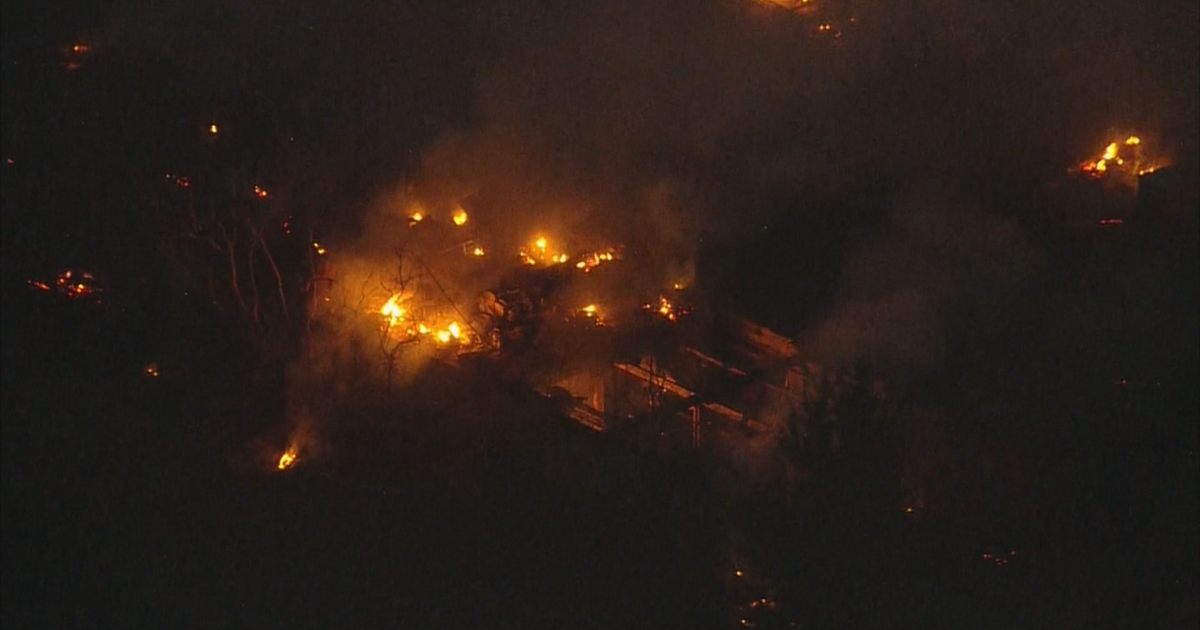Northern Colorado residents ignore warnings of toxic blue green algae, jump into Windsor Lake anyway
As toxic blue-green algae blooms in the popular Windsor Lake in Northern Colorado, many visitors to the lake have ignored the lake's closure and jumped into the water anyway. CBS News Colorado's Dillon Thomas reports seeing dozens of people swimming, playing and paddleboarding in the lake that has been clearly labeled as closed for days.
This is not the first time the lake has been closed due to blue-green algae. However, this is the first year the lake has been closed due to the toxic algae even though expensive technology was installed to try and combat the bacteria.
Those who frequent the lake said they love how open it is and how it gives great views of the mountains.
"It is like the most beautiful place. It is like a little oasis, it couldn't be a better day off," said Abby Howell, a longtime Windsor resident.
"It is just so beautiful, there are mountains in the background and you can walk around the whole lake and it doesn't take long," said Brittany Beath, a Windsor resident.
The lake is a popular destination for families during the summer to either enjoy the beach or get into the water to swim, boat or paddleboard.
"A lot of people like using this lake," said Mike Wood, a Windsor resident.
"Usually it is pretty busy," Beath said.
After years of having to close the lake due to toxic algae, Windsor recently purchased expensive sonic buoys to try and prevent algae blooms. Thomas recently interviewed town officials who said the technology would be monitored from Europe and would send sound waves into the water that would help keep bacteria at the bottom of the lake to prevent them from getting sunlight and blooming.
"It has been happening these last three years. They put in those buoys to mitigate it but I don't think it is working," Wood said.
The town recently placed orange fencing around the beaches and docks, including signs that warned people of the lake being closed due to health risks. The signs are printed in English and Spanish, yet people continued to get in the water anyway during the holiday weekend.
"I walk it all the time. It is open one weekend and it is closed the next," Wood said. "I did see that yesterday, and I don't know what they were doing. There were people going in with their paddleboards."
"That is concerning, it makes me not want to be near it if it is toxic," Beath said.
Those exposed to the toxic algae may experience symptoms like rashes and blisters, runny noses, sore throats, asthma-like symptoms, muscle weakness or even vomiting.
CBS News Colorado reached out to the town seeking interview on the recent issues with the algae, and to ask why the technology wasn't working as expected.
A spokesperson for the town said, due to the holiday weekend, their staff was not available to comment on this report. However, they did note that the town had taken preventative action to discourage people from getting in the water. However, they said there is only so much they can do to prevent people from actually getting in.
Visitors like Howell said she is confident the town will be able to address the bloom and get people back to safely getting in the water.
"I trust that they will get it figured out and will take precautions when necessary," Howell said.







